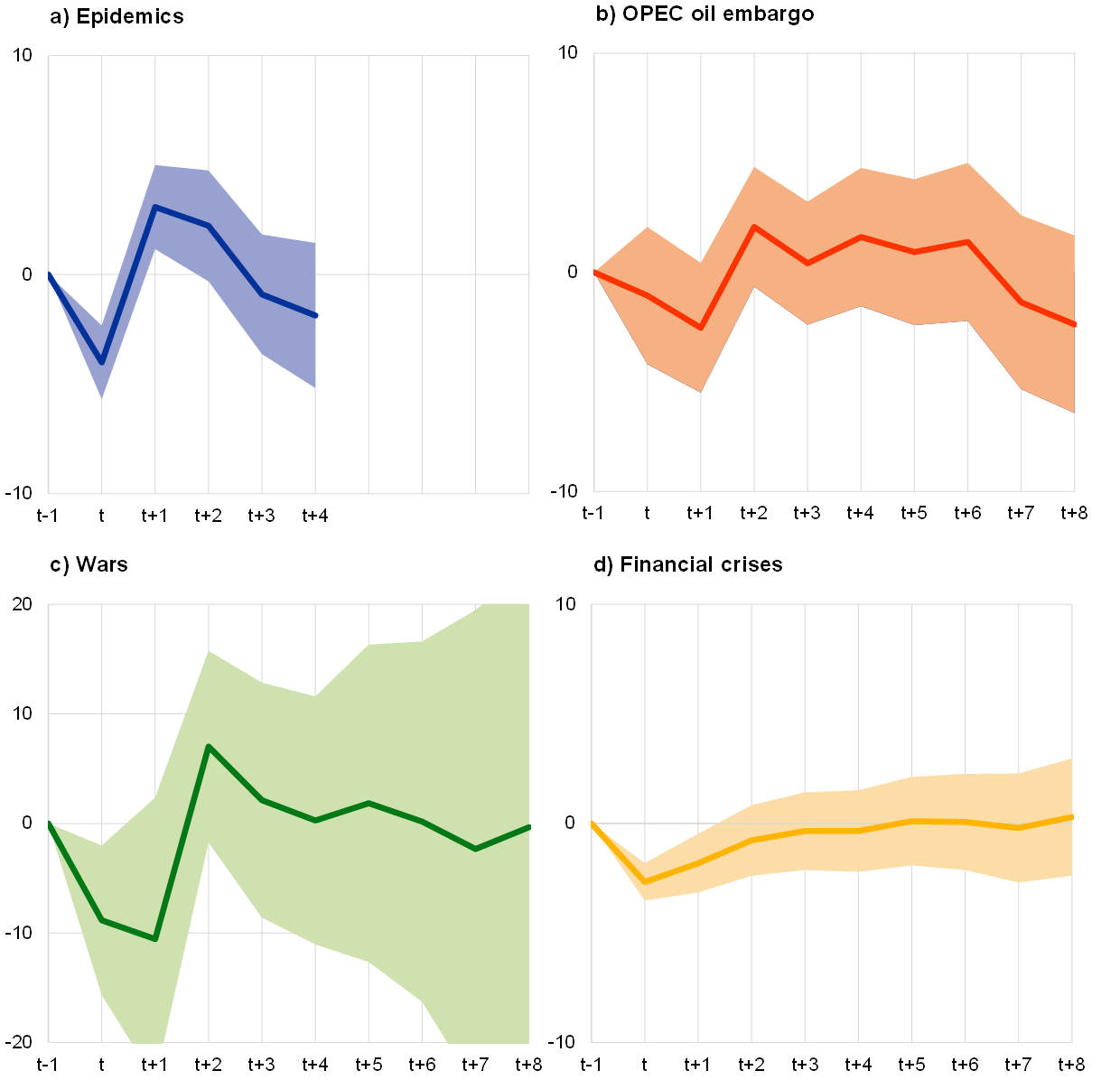
Navigating Economic Crisis: Unraveling Impact and Recovery
In the ever-fluctuating landscape of global economies, the effects of an economic crisis can be profound, impacting individuals, businesses, and nations. Understanding these effects is crucial for devising strategies to navigate the challenges and contribute to recovery.
The Ripple Effect on Businesses
The repercussions of an economic crisis are felt acutely by businesses of all sizes. Reduced consumer spending, tightened credit markets, and supply chain disruptions create a challenging environment. Small businesses often face the brunt, struggling to survive amidst declining revenue and uncertain market conditions.
Employment Downturn and Job Insecurity
An economic crisis invariably leads to job losses and heightened job insecurity. Companies, grappling with financial constraints, implement cost-cutting measures, leading to layoffs and hiring freezes. The workforce experiences increased stress and uncertainty about future employment prospects.
Financial Market Volatility
Financial markets are highly sensitive to economic downturns, with increased volatility in stock prices and investment values. Investors witness declines in portfolio values, and market uncertainties can lead to a flight to safety, impacting various asset classes.
Consumer Confidence and Spending Habits
One of the profound effects of an economic crisis is the decline in consumer confidence. Fearful of an uncertain future, individuals tend to cut back on discretionary spending, impacting retail, travel, and leisure industries. Understanding and addressing consumer sentiment becomes pivotal for businesses seeking to weather the storm.
Government Intervention and Stimulus Measures
Governments often play a crucial role in mitigating the effects of an economic crisis. Through fiscal policies, stimulus packages, and regulatory adjustments, they aim to stabilize economies, support struggling industries, and provide financial relief to individuals.
Global Trade Disruptions
International trade is not immune to economic crises. Trade disruptions, increased protectionism, and supply chain challenges reverberate across borders. The interconnectedness of global economies means that the effects of an economic downturn in one region can have far-reaching consequences worldwide.
Real Estate Market Shifts
The real estate sector experiences shifts during economic crises. Property values may decline, mortgage rates fluctuate, and construction projects may be put on hold. The housing market becomes a barometer of economic health, reflecting the broader financial stability of a region.
Technological Advancements and Innovation Opportunities
Amidst the challenges, economic crises can also spur innovation. Businesses, forced to adapt and survive, may embrace technological advancements and new business models. Opportunities arise for entrepreneurs to identify gaps in the market and pioneer solutions that align with the evolving economic landscape.
Psychological Impact on Society
Beyond the tangible economic aspects, there is a psychological toll on society. Increased stress, anxiety, and a sense of uncertainty permeate communities. Mental health becomes a significant concern, necessitating supportive measures and resources.
Charting the Path to Recovery
Recovery from an economic crisis requires a multi-faceted approach. Collaboration between governments, businesses, and communities is crucial. Investment in education, healthcare, and sustainable practices can lay the foundation for long-term economic resilience.
To explore in-depth insights into the effects of an economic crisis and strategies for recovery, visit Economic Crisis Effects. Acknowledge the challenges, adapt to the evolving landscape, and contribute to rebuilding a stronger and more resilient economic future.










